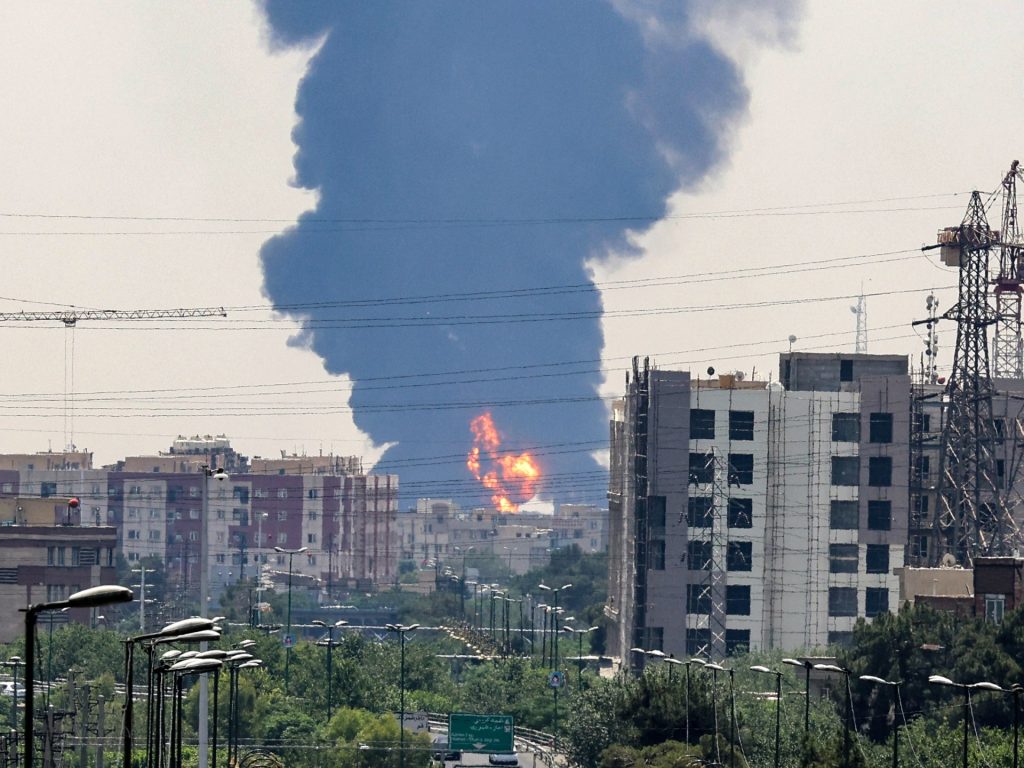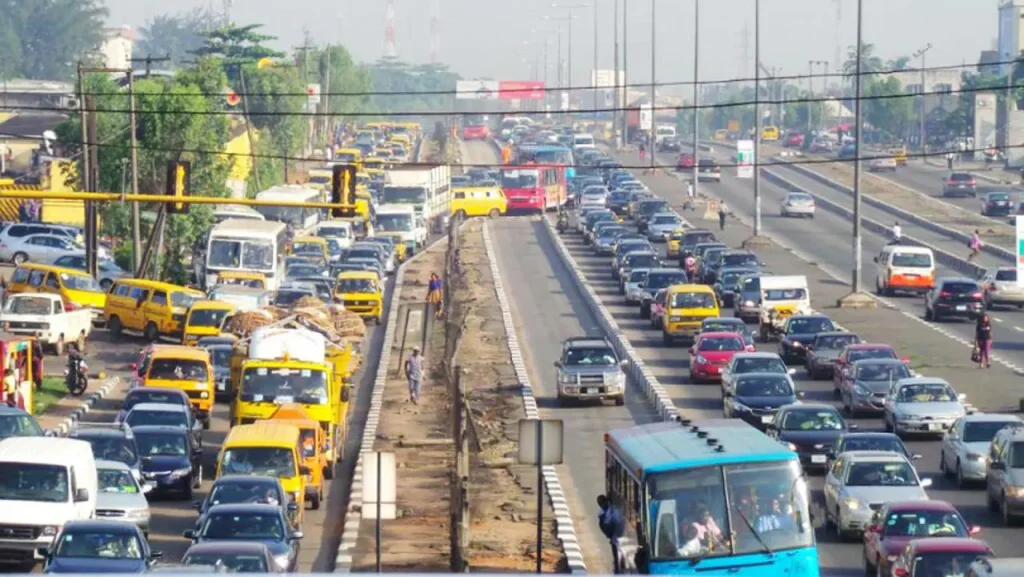The European Union is at risk of facing a significant gas shortage if the region experiences a cold winter, according to Gazprom CEO Aleksey Miller. Citing data from Gas Infrastructure Europe, Miller noted that as of the end of August, only two-thirds of the gas withdrawn from European storage facilities last winter had been replenished. This leaves a shortfall of 18.9 billion cubic meters, the second largest on record for that date.
Gazprom, which was once the EU’s main gas supplier, reduced its exports to the bloc dramatically three years ago following Western sanctions and the sabotage of the Nord Stream pipelines. Prior to the escalation of the conflict, Russian gas exports accounted for 40% of the EU’s total supply. However, with the EU now importing nearly 90% of its natural gas, and Russia still supplying a significant share despite sanctions, the region’s reliance on external sources has become a pressing concern.
Miller warned that the EU does not fully grasp the scale of the challenge in refilling underground gas storage ahead of the heating season, and that there is little time left to address the issue. The European Commission’s plan to phase out Russian oil and gas by 2027, as part of the REPowerEU strategy, aims to accelerate the shift to renewables. However, this plan has faced resistance from countries such as Hungary and Slovakia, which are heavily reliant on Russian pipeline gas.
The EU ultimately adopted its 18th sanctions package targeting Russia’s energy and financial sectors last month, after overcoming opposition from Hungary and Slovakia. Moscow has described these measures as self-defeating, blaming them for soaring energy prices and a weaker EU economy. As the EU continues to navigate its energy landscape, the risk of a gas shortage remains a significant concern, particularly if the region is hit by a cold winter. The situation highlights the need for the EU to address its energy security and develop a more sustainable approach to meeting its gas needs.



